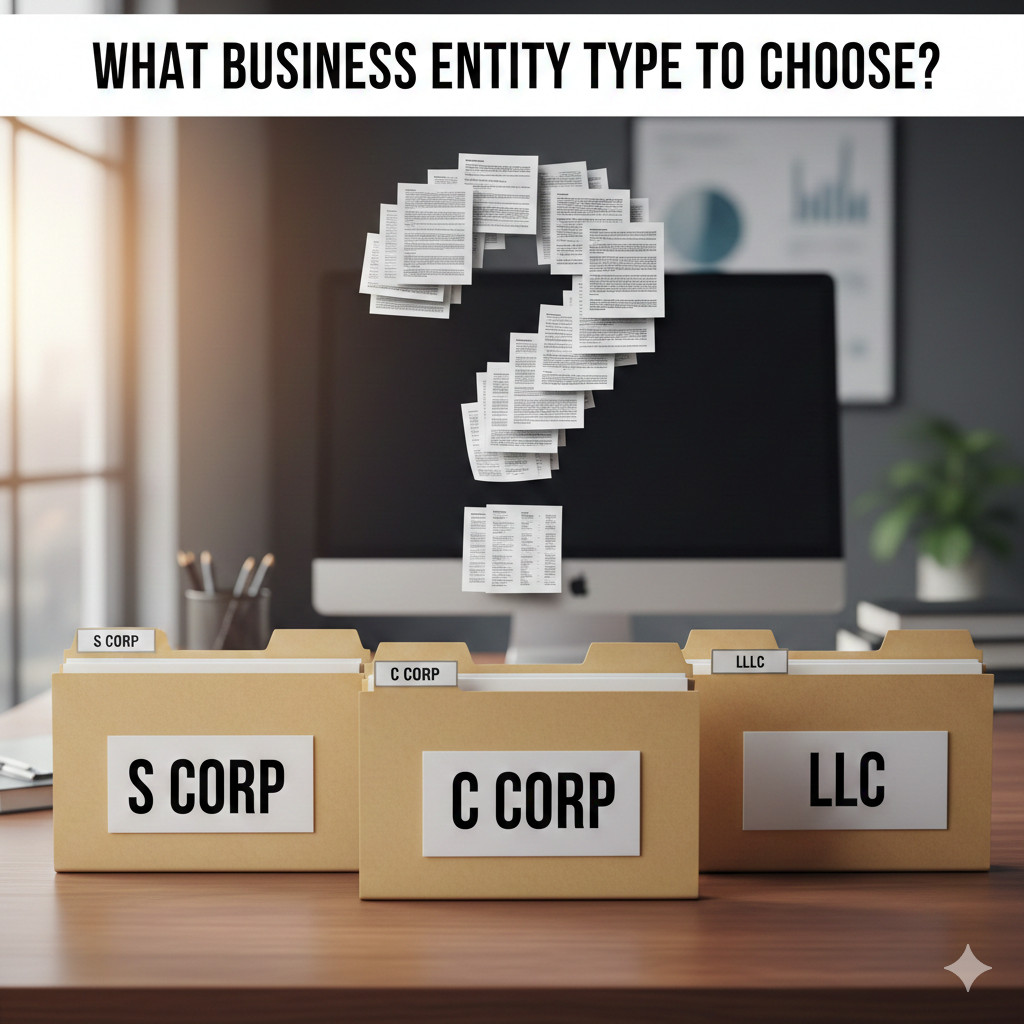By the time California’s AB5 worker classification ruling went into effect on January 1, 2020, employers and independent contractors were already fighting to have their business models considered exempt. In brief, California’s AB5 goes beyond the Internal Revenue Service’s (IRS) independent contractor classification test and assumes workers are employees unless the worker passes a 3-point “ABC” test.
An independent contractor must meet the following criteria:
- (A) The person is free from the control and direction of the hiring entity in connection with the performance of the work, both under the contract for the performance of the work and in fact.
- (B) The person performs work outside the usual course of the hiring entity’s business.
- (C) The person is customarily engaged in an independently established trade, occupation, or business of the same nature as that involved in the work performed.
Industries, such as trucking, ride-share services (Uber, Lyft), and food-delivery services, immediately balked at the new, stricter guidelines. Some courts agreed and granted a temporary exemption to several kinds of workers.
And then, the Covid-19 pandemic hit.
The number of gig economy workers grew 33% in 2020, partly due to the shelter-in-place orders increasing the demand for food and goods deliveries. Further blurring the lines, some independent workers were offered general and unemployment benefits during the pandemic—which are typically reserved for employees.
Although the idea of AB5 was to protect workers from employers wanting to avoid paying payroll taxes and dodge other labor regulations, many freelancers also wanted to maintain their independent contractor status and remain free from employer/employee restrictions.
So, what has happened in California since AB5 went into effect? Has anything changed in other states?
California Amendments
California’s AB 2257 was enacted in September 2020 and:
- AB 2257 included a modified and expanded list of professions exempt from the “ABC” test. These changes primarily impacted freelance writers, vocalists, musicians, film crews and visual artists, licensed professionals, truck drivers, real estate and home appraisers, and some salespersons.
- AB 2257 also made clearer stipulations to the independent contractor classification, such as:
- Contractors must have a separate business address
- Contractors must carry their own business insurance
- Contractors can hire and fire their own help
- Contractors can receive feedback on work done but are not required to follow it
Proposition 22 was passed by California voters in 2020 to amend AB 2257, but it was declared “unconstitutional” in 2021 by a California judge. That ruling is being appealed, but the proposition remains in effect, awaiting the outcome.
- Prop. 22 deemed app-based drivers (Uber, Lyft, etc.) to be independent contractors and not employees. However, some labor and wage policies specific to app-based drivers still apply, such as limiting hours and requiring some health care subsidies.
With these actions, there are currently about 75 professions now exempt from the independent contracting test set out in AB5. To help your clients maintain their independent contractor status, make sure they don’t mix their business expenses or purchases with personal ones. It also helps prove their independent status if they register their companies as legal entities with the state, such as a corporation or limited liability company (LLC).
Likewise, if your clients use independent contractors in their companies, make sure they scrutinize the working relationship, get contracts in writing (with a project end dates), and ask for references from other clients to show the worker’s income is not dependent on one company.
AB5 Across the U.S.
In January 2021, the U.S. Department of Labor (DOL) issued a ruling to clarify whether a worker may be classified as an independent contractor versus an employee under the Fair Labor Standards Act (FLSA). The DOL determined that two core factors should be applied to a worker. If both factors point to a definite classification, the business can classify the worker by that determination:
- The nature and degree of control over the work
- The individual’s opportunity for profit or loss
If, however, the first two core factors point to separate conclusions, the employers must then look at three other factors to decide: - The amount of skill required for the work
- The degree of permanence of the working relationship between the individual and the potential employer
- Whether the work is part of an integrated unit of production
In addition to the federal guidelines, each state has adopted its own guidelines for employers, which should be reviewed for every state where your clients have workers. According to the Economic Policy Institute (EPI), more than 20 states have adopted the ABC test for determining whether an individual is an employee or an independent contractor.
By shifting the classification responsibility to the employer, these 20 states hope self-regulation will reduce the number of misclassification violations occurring year after year. Plus, as the construction industry can be particularly confusing, some states use the ABC test specifically to determine independent contractor status for construction workers.
An Ongoing Predicament
Employers consistently misclassify workers, which could land them in big trouble with state and federal labor departments, resulting in heavy fines and possibly having to compensate workers for back pay and benefits. You can help by recommending that clients keep separate business and personal finances, set up a separate business address and bank account, create a legal entity for their companies, and acquire the correct licenses and permits to run a business.
=========
Nellie Akalp is a passionate entrepreneur, business expert, and mother of four. She is the CEO of CorpNet.com, a resource and service provider for business incorporation, LLC filings, and corporate compliance services in all 50 states. Akalp and her team recently launched a partner program for accountants, lawyers, and business professionals to help them streamline the business incorporation and compliance process for their clients.
Thanks for reading CPA Practice Advisor!
Subscribe Already registered? Log In
Need more information? Read the FAQs
Tags: Benefits





